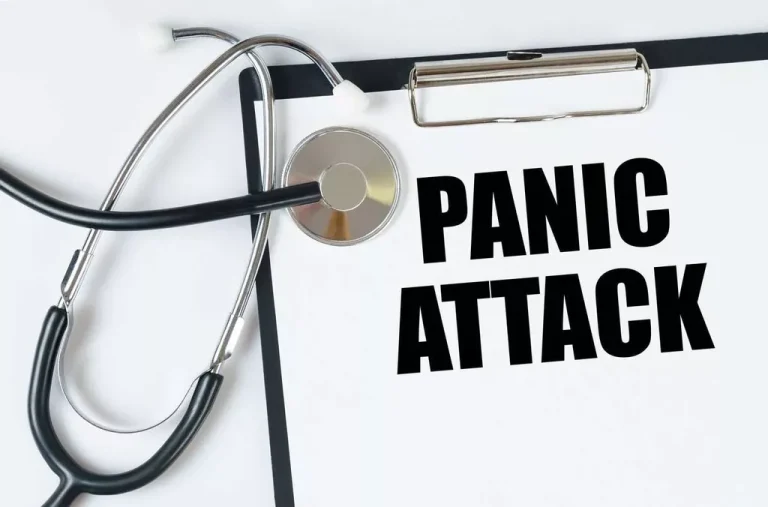Tips on Starting Over: How to Quit Drinking NIAAA

Make a table like the one below, weighing the costs and benefits of drinking to the costs and benefits of quitting. Doctors, nutritionists, and counselors can help people stay on track to stop drinking. The Centers for Disease Control and Prevention (CDC) also has an Alcohol Program with printable resources for people to follow. Severe symptoms may require benzodiazepines to prevent serious consequences of alcohol withdrawal.
Create a support system

Write these goals down and carry them with you, so you have a reminder when the going gets rough. Excessive alcohol use often coincides with other mental health disorders. Many people in recovery discovered that mental health disorders, such as PTSD, anxiety, depression, ADHD, etc., and trauma helped to fuel their unhealthy relationship with alcohol.
Know Your Triggers

Or maybe it’s a pregnancy that made you realize it’s time to stop drinking. Or maybe you’re just looking to improve your health, wake up hangover-free and give your liver (and your heart and brain) a break. You may not need to completely reinvent your life to quit drinking, but making a few changes in your surroundings to help avoid alcohol triggers can make a big difference.
Enlist Support
Rather than beginning your sober life drained and dazed from a week of feeling ill, you can already be getting on your feet. Medication-assisted treatment is tips to quit drinking becoming more popular as a way to quit drinking. There are several prescription medications proven effective in helping people moderate or give up alcohol.
- Naltrexone is one type of medication that can help reduce alcohol cravings, making it easier for some people to stop drinking.
- Since quitting alcohol can involve withdrawal, or “detox,” it’s best to have a medical professional oversee it—even if you do it solo.
- Overcoming an addiction to alcohol can be a long and bumpy road.
- Physical activities may help curb urges to drink and improve a person’s mood so they are less likely to consume alcohol in the first place.
- It’s important to acknowledge that everything you try won’t be right for you.
- Delete alcohol delivery apps from your phone, let drinking buddies know that you won’t be joining them for a while, and even avoid restaurants that serve booze.
- Setting a goal to stop drinking alcohol requires a person to be aware of their reasons for this behavioral change.

They range from very personal accounts of addiction to motivational guides and psychology-based books, aimed at changing your mindset, so you view drinking differently. One of the most significant benefits of giving up alcohol is that you may increase your lifespan. Alcohol misuse can lead to serious health problems like liver disease and cancer. So, giving up alcohol can help you to avoid these potentially deadly diseases. Once the initial symptoms of withdrawal have subsided, you may find that you have more energy than you did before you stopped drinking.

There’s no one right way to go about quitting drinking; it’s all about figuring out what works for you and your lifestyle, starting with a plan. Here are a few things you should consider and actionable steps you can take. Acknowledge what sparked your desire to drink and hone in on that trigger. Assess what needs to change to decrease the impact or frequency of that trigger.
Thinking of trying Dry January? Steps for success
Of course, giving up alcohol is not always easy, and there may be some challenges along the way. But if you’re committed to sobriety, it’s possible to achieve your goal. When you https://ecosoberhouse.com/ stop drinking, various things happen to your mind and body. However, the nature and intensity of these effects can vary depending on how much and how frequently you drink.
Recovery Coaching
The study also showed that there was no single treatment approach that was right for every individual. One study found that attitude-related barriers were the most common obstacle that people face before entering treatment for an alcohol use disorder. The National Institute on Drug Abuse (NIDA) suggests that 40% to 60% of people with substance use disorders experience a relapse at some point.
What Happens to Your Body When You Stop Drinking Alcohol?
Ready to Take The Next Step?
For more information about any of the products and services listed here, schedule a meeting today or register to attend a seminar.

